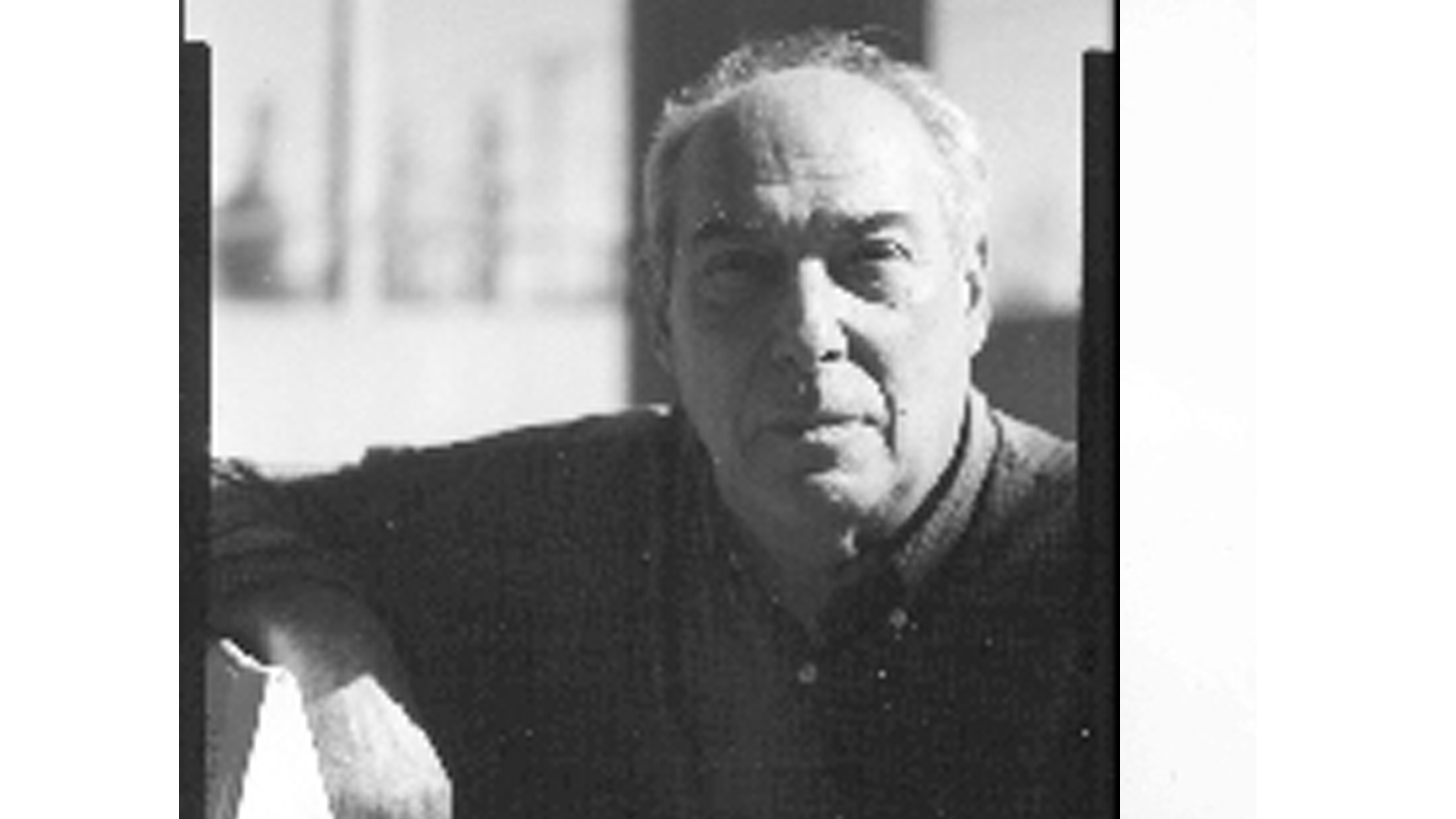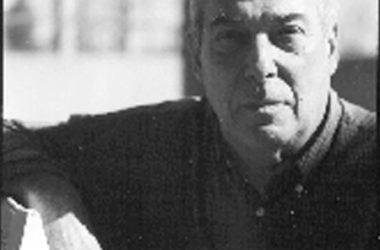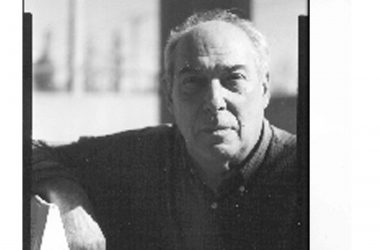The following is an email I recently got from a student, followed by my reply:
| Hi Noel! So I am really lost for the final paper. as you know, i didn’t pass in a proposal. My head has been somewhere else for the past moth or so. Im sorry that I might not be showing too much focus. I really have no idea where to begin at looking for a thesis. Could you help me or assign me something? Im stuck where i cant think of a topic but when i get one i will be able to write about it just fine I’m sure. would it be ok if you gave me some hints or an example or maybe some choices about what to write about? I would really be thankful for an example. Academics are not my strong point Thank you —————— |
Dear _______,
I would no more assign you a topic than I would give you the answers to
a quiz. However, just as the answers to all the questions on the
quizzes are in the assigned reading, so topics are all around you. Let
me explain.
I do not know your specialty at MassArt. I know
that you took Visual Language. In that course you learned that all art
involves choices, and any choice raises questions: What effect was the
artist trying to achieve? Why did he frame the subject in a certain way
and not another? Why did he pose his subject in a certain position,
wearing a certain hat, etc? If an abstract, why did he choose certain
shapes and colors and not others? What determined his choice of
materials? Did the decisions the artist made further or hinder the
effect he was trying to achieve?
Take another example, music.
Mozart is often thought to be the most naturally gifted of all
composers. A story is told that the Emperor Franz Joseph, on hearing a
piece by Mozart, observed, “A lot of notes, Herr Mozart.” There are two
versions of Mozart’s reply: “Not one too many, Sire”; the other, “Which
would you have me remove?” The point is the same in both versions: every
note that Mozart wrote was on the page for a reason. His notebooks show
him hard at work revising, choosing among alternatives. His natural
genius plus his hard work produced the closest thing to perfection that
humankind has yet achieved.
Think of how you react to a film,
whether The Seventh Seal or the latest zombie flick. In every case, if
you bother to think about it, you ask, What was the maker trying to
achieve? Did he succeed? How did his alternating use of close-ups and
distance shots help or impede him? How did he use movement and light,
and why? What about the characters, their age, their sex, their
appearance, their dress? What about the background music? And on every
one of these questions there will be differences of opinion that can be
argued about.
Writing about history and
making art both involve selecting what is significant from a mass of
alternatives. The difference is that the historian is limited to
selecting among things that actually happened and people who actually
lived.
If you look with an open mind and imagination, you will
find questions all around you. Open your book to any page and you will
see events that pose questions: Why did things happen the way they did?
Why did the characters act as they did? Were their actions
representative or exceptional? How did they reflect the times? Etc.
A paper is not an encyclopedia article, where the purpose is to impart
information. A paper is an argument relying on evidence—sources,
analogies, testimony, etc.— introduced to convince the jury (the
readers) to decide the case your way.
If you have an interesting question that is not trivial and to which
the answer is not obvious, and you use the evidence skillfully and
present your case logically, and take into account possible arguments
against you, and write with conviction in good English, you will produce
a first-class paper. Your ability to do that has little in common with
what is normally called “academics.”
Good luck.
Noel



